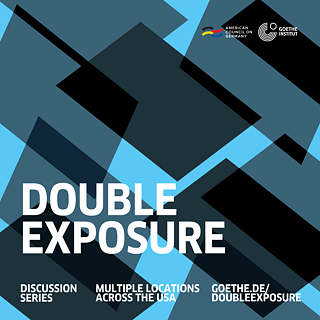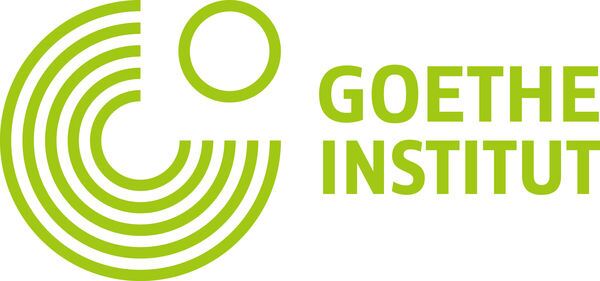Double Exposure
What constitutes a society based on solidarity?
Partners
Double Exposure is a project organized by the Goethe-Instituts North America in collaboration with the American Council on Germany and funded by the Executive Board of the Goethe-Institut.


